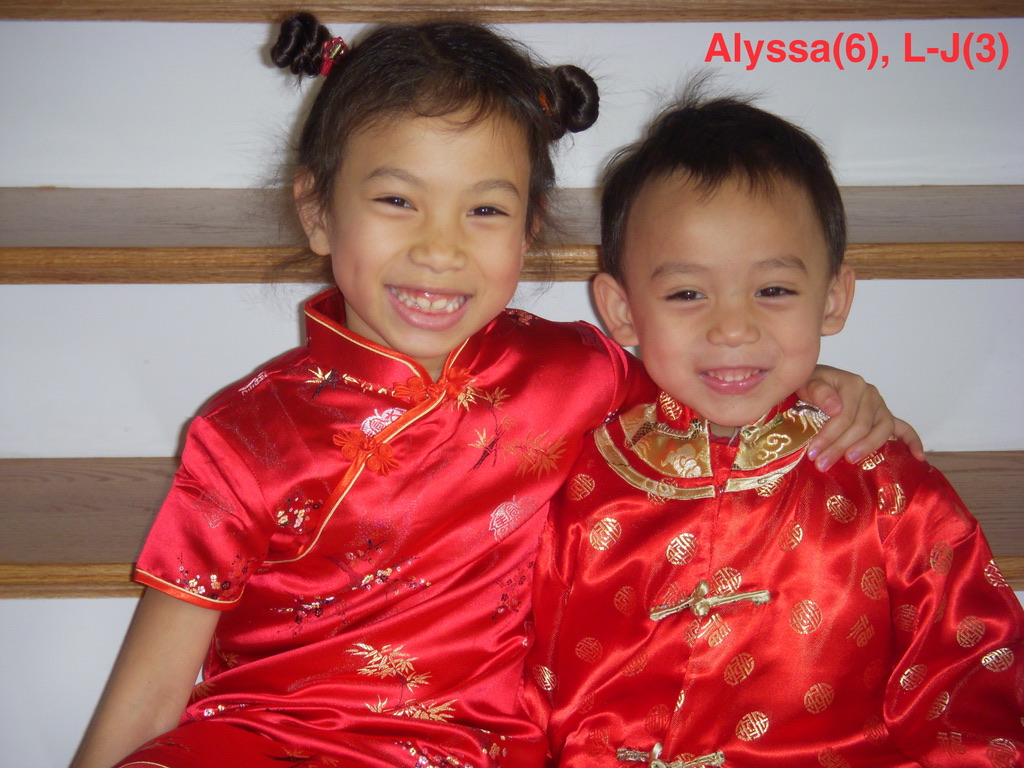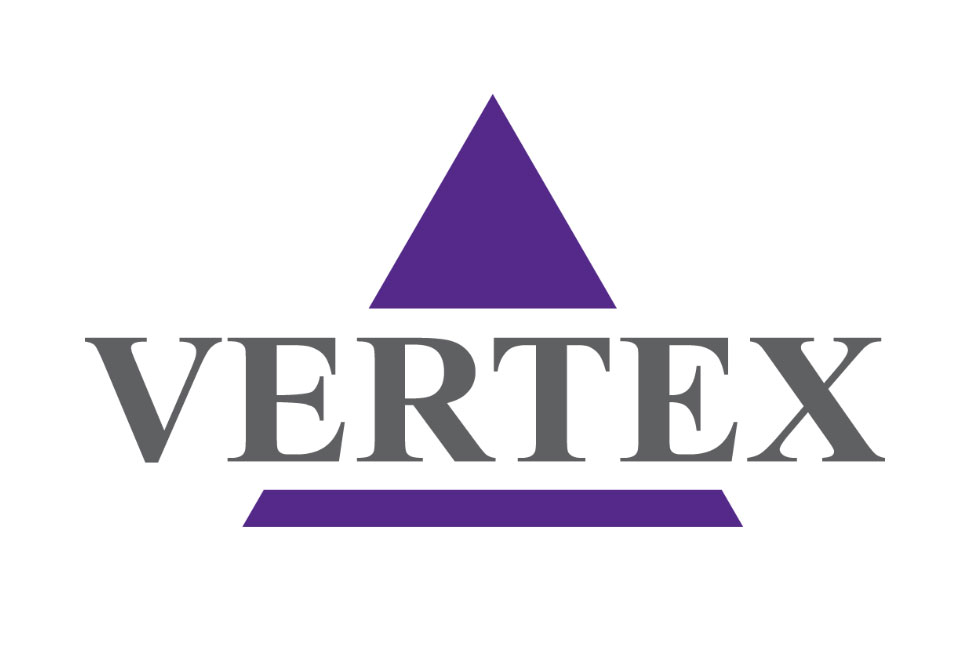I’ve come to see that holidays are a way for people and societies to reinforce what matters in their culture. Food and customs, passed from generation to generation express who we are; and, especially they forge connections to family, relatives and the lineage from which we come.
Lunar New Year offers those very elements of life, people and purpose. It’s the single most important holiday in many East Asian cultures and indeed, for Chinese culture.
As the holiday approaches, I feel the presence of my father and closest aunts and uncles, who expressed so much love to me in their own ways. As I prepare decorations, red envelopes and food for the new year, time slows down. I feel this connection to those who came before me. I feel the foreverness of their presence, going back hundreds and thousands of years. It’s the sweetness of an old culture like the Chinese – its durability, its sustainability, its inevitability. As I prepare, I know so many before me did the same. It doesn’t lose meaning for me, because I guess I could feel as if what I do doesn’t matter. In fact, there’s strength and support in knowing that I am part of the continuance of a long tradition. I want to cherish it. I want to maintain my connection with my relatives who are here with me, with those who have passed and with the many many relatives I can’t name or see, but whom I know preceded me. I am also the bridge, from the past to the present and the future. Continuing the festivities of this holiday connects my children to those very relatives who attended to the same rituals tens and hundreds of years ago. As Alyssa and L-J come to know their relatives through the Lunar New Year rites and celebration, they also deepen their knowing of themselves.
Chinese New Year has always been a time of joy and euphoria for me. Growing up in the US, the Lunar New Year was just another day to the rest of NYC, but nestled in our family, in the stores in Chinatown and Flushing, was another world preparing for festivities and family gathering of the grandest day in Chinese culture. I always felt special, that we had this other life, this cherished, secret place of being. I look back with wonder at my father and mother. How did they create such a sense of belonging to the Chinese culture for my brother and me when it was so absent in the new world in which we lived? So many immigrants would have yielded this tradition in want of fitting in and being European-American, as many well-educated Chinese immigrants did. But my parents chose to proudly celebrate who they were. They chose not to hide. For that I am so deeply grateful. Through these celebrations, they gave me rootedness. They gave me an identity that connects to them, their parents, and the many relatives before them. They told me through their annual celebrations, that being American wasn’t an either/or. Being American was about AND.
I remember going to New York City’s Chinatown with my parents. My most vivid memories stem from my 6-8 year old self, when I had recently immigrated to the US. The stores were mad crowded with people. It was a rare experience. Everyone around me looked like me! I felt held in the butcher store, the grocery store, the bakery, even though they were all strangers. Yet they weren’t. We all knew each other. We were all family to each other because this was an oasis of belonging. So many felt a sense of non-belonging in their everyday life as recent immigrants to the US. My mom and dad had a comfort, a knowing of their ways, a sovereignty of themselves in those places that I didn’t witness in their everyday life. Maneuvering in everyday NYC life was just so different from their native culture, speaking in their educated yet awkward command of the English language always limited their expression, bracing for the next belittlement of their foreignness stiffened their interactions with Americans. But here, in Chinatown, I sensed their ease. They knew the place and the ways. There was an unsaid understanding of cultural norms. My father’s kindness was appreciated as politeness, not obsequiousness. My mother’s command of her wishes with the butcher was accepted, not rebuked. I look back and believe my love of those bustling moments in the stores was, in part, because I saw my parents in a rare moment of freedom and belonging, when they could let their guards down and be themselves, when they could be in touch with the essence of their identity in this celebration of the Lunar New Year. How beautiful that was.
Connecting with family is such an essential part of the Lunar New Year. It’s so similar to American Thanksgiving in that it’s the annual family reunion, when relatives travel hours and days to get back home, for chuxi (new year’s eve) 團圓飯 ( new year’s eve/family reunion dinner). It’s the single largest migration of people in the world as Lunar New Year celebrants travel home for this dinner. Families are together to welcome the new year, to give thanks to the year that just passed and to wish each other an auspicious year that’s about to start.
Even now, I have fond memories of the New Year phone calls to our Taiwan relatives when I was young, a time to talk with my favorite uncles and aunts: 姑媽姑爹, my aunt and uncle who raised my father in Taiwan and 二舅舅, 舅媽, my uncle and aunt, my mother’s second brother, with whom she lived in Taiwan. I can still recall the joy in my parents’ excited voices as they shared their wishes for the new year. Back in the day, it was rather difficult and expensive to make international calls, so this was a unique and special experience, to be able to hear each other’s voices. I remember my reluctance to get on the phone to offer my wishes to my aunts and uncles, as most children must feel at those ages. But in retrospect, I’m so glad my parents insisted my brother and I do it. It helped us experientially understand that these moments of connection meant something important. The importance of family. The familial obligations that come with being part of a family. But also, it was the comfort I felt when I heard the voices of my uncles and aunt. Decades later, I can hear their well wishes and feel their love. Recalling their voices brings me back to my childhood, the love I felt from my 舅舅 when I sat on his lap and settled into his pillowed body and loving laughter. I recall the abundance of food and celebration when we gathered with 姑媽姑爹. My aunt and uncles have all passed on. Nonetheless, these memories remain. I remember their love. Not a concept of their love. But a beautiful experiential knowing from my childhood. After all these years, my uncles and aunt are right here with me.
Unconsciously for many years but with inner rootedness, I have insisted on celebrating the Lunar New Year with my children. I’ve had them take the day off since grade school (when it wasn’t yet an accepted thing to do), to mark and celebrate the holiday. I decorate our porch with red and gold lights and lanterns. Marc and I gift them with red envelopes of money and ask that they tuck it under their pillow to welcome in abundance in the new year. At new year’s eve dinner, we light incense to my father and deceased relatives and offer a plate of the food we’re about to share, to pay our respects to them and to maintain our connectedness with family. With the pandemic, I initiated New Year Zoom gatherings with family across time zones and continents. Most of our elders, except for my mom, have passed, so the Zoom call includes my mother with my cousins and our respective children now. I want this connection, this celebration to continue into the next generation. Through these various moments of celebration and connection, I hope that Alyssa and L-J will associate the Lunar New Year with family, gratitude and joy, as I have. May they know their rootedness and belonging to a family lineage of thousands of years. May they know that they are surrounded by family throughout the world, by those here and by those who have departed. May they know they are loved and offer love in kind to others.
Through the Lunar New Year Celebration, through our rituals and gatherings, may they know that our connectedness to family is like all family connections in all cultures, that at the core, it’s all about love for one another. It’s all that really matters.














